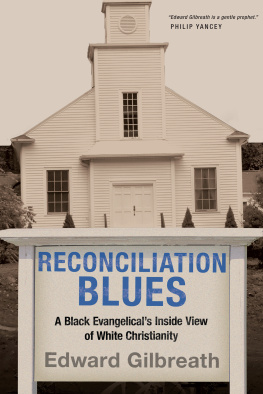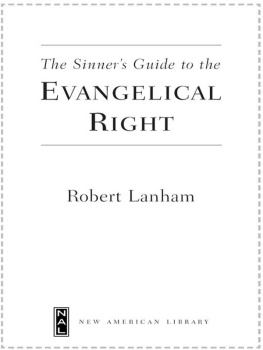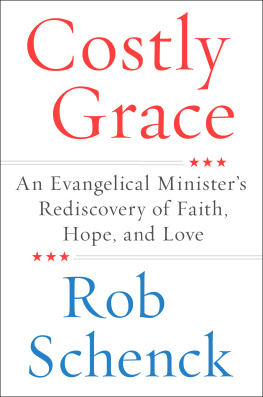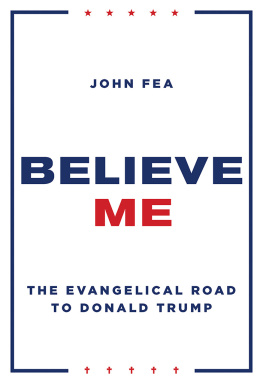| United States | Canada |
1910 | 191015: The Fundamentals published by the Bible Institute of Los Angeles, defining Protestant orthodoxy against modernist threats 1914: Founding of Assemblies of God | 191516: Saskatchewan, Manitoba, Ontario, British Columbia, Alberta, and New Brunswick enact prohibition laws with evangelical Protestant support 1917: Protestant churches rally Canadians for conscription in WWI; radical Anabaptists and some Pente-costals resist conscription 1918: Federal government bans interprovincial trade of liquor 1919: Founding of Pentecostal Assemblies of Canada |
1920 | 1920: Eighteenth Amendment begins Prohibition 1925: Scopes trial 1928: Fundamentalists mobilize against Catholic presidential candidate Al Green | 1925: United Church of Canada founded as merger of Congregationalists, Presbyterians, and Methodists 1925: William Bible Bill Aberhart begins radio broadcasts that become Back to the Bible Hour 1927: Fundamentalist-Modernist controversy among Canadian Baptists; 77 churches split off to form Union of Regular Baptists |
| 1929: Great Depression Begins |
1930 | 1931: Carl McIntire forms American Council of Christian Churches 1933: Prohibition repealed | 1932: Baptist minister Tommy Douglas founds Co-operative Commonwealth Federation (precursor to the New Democratic Party) 1935: William Aberharts Social Credit Party wins Alberta election with evangelical support |
1940 | 1943: National Association of Evangelicals founded 1947: NAE forms National Association of Christian Schools | 194461: Tommy Douglas becomes premier of Saskatchewan, introduces Provincial Medicare |
1950 | 1950: Howard J. Pew funds Christian Freedom Foundation to promote free-market ideas in Christian language 1951: Bill Bright founds Campus Crusade for Christ with support from politically conservative, anti-communist businessmen 1952: Billy Graham rallies northern evangelicals in support of presidential candidate Dwight D. Eisenhower 1954: Brown v. Board of Education of Topeka, Kansas 1955: Carl McIntire begins using radio program as anti-Communist conservative platform 1955: Slaying of Emmett Till (August), Montgomery Bus Boycott (December) 1957: Founding of Southern Christian Leadership Conference | 1953: Merger creates Fellowship of Evangelical Baptists in Canada, fundamentalist alternative to Canadian Baptist Federation 1953: Dutch Reformed immigrants found Christian Labour Association of Canada 1958: United Church of Canada hosts Billy Graham crusade |
1960 | 196263: Supreme Court rulings limit school prayer (Engel v. Vitale and Abington School District v. Schempp) 1963: California white evangelicals mobilize against Fair Housing legislation 1963: Stonewall Riots; growing visibility of gay rights movement | 1960: Quiet Revolution begins in Quebec; dramatic secular shift 1964: Evangelical Fellowship of Canada founded 1965: Implementation of the New Curriculum begins in the United Church of Canada 1967: Canadas centennial celebration, Protestants join in celebrating Canadian civil religion 196869: Therapeutic abortion and homosexuality decriminalized by Criminal Law Amendment Act, opposed by Fellowship of Evangelical Baptists |
1970 | 1971: Phyllis Schafly campaigns to block the ERA 1972: Tim and Beverly LaHaye launch Family Life Seminars 1973: Roe v. Wade strikes down abortion laws as unconstitutional 1973: White Presbyterians from Mississippi, Alabama, and South Carolina withdraw from PCUS, form National Presbyterian Church 1974: Southern Baptist Convention passes resolution affirming therapeutic abortion 1974: Network of right-wing activists found Third Way Publishers to link Christianity and right-wing politics 1974: Protests against new curriculum in Kanawha County, fuse concerns about sex, race, and secular humanism 1976: Jimmy Carter elected president | 1970: October Crisis begins when members of the Front de Libration du Qubec kidnap two government officials; rise of the Qubec sovereignty movement, crisis of Canadian national identity 1974: Ken Campbell founds Renaissance Canada |
1976: Francis Schaeffer publishes How Should We Then Live? 1977: James Dobson founds media empire; Anita Bryant campaigns against Miami non-discrimination ordinance 1978: Campaign to defend tax status of private Christian academies 1979: Fundamentalists take over Southern Baptist Convention |
1980 | 1980: Ronald Reagan elected president with evangelical support 1987: Randall Terry founds Operation Rescue 1987: Elimination of the Fairness Doctrine in broadcasting 1988: Pat Robertson runs for Republican presidential nomination | 1982: Charter of Rights and Freedoms adopted 1983: Founding of Focus on the Family Canada 1983: Evangelical Fellowship of Canada begins engaging in policy advocacy 1985: Supreme Court of Canada rules Lords Day Act as unconstitutional 1987: Reform Party founded by Preston Manning with prominent evangelical leadership 1987: Founding of Christian Heritage Party 1988: Supreme Court of Canada strikes down federal abortion law as unconstitutional 198889: Canadian members of Operation Rescue block access to abortion in Ontario |








